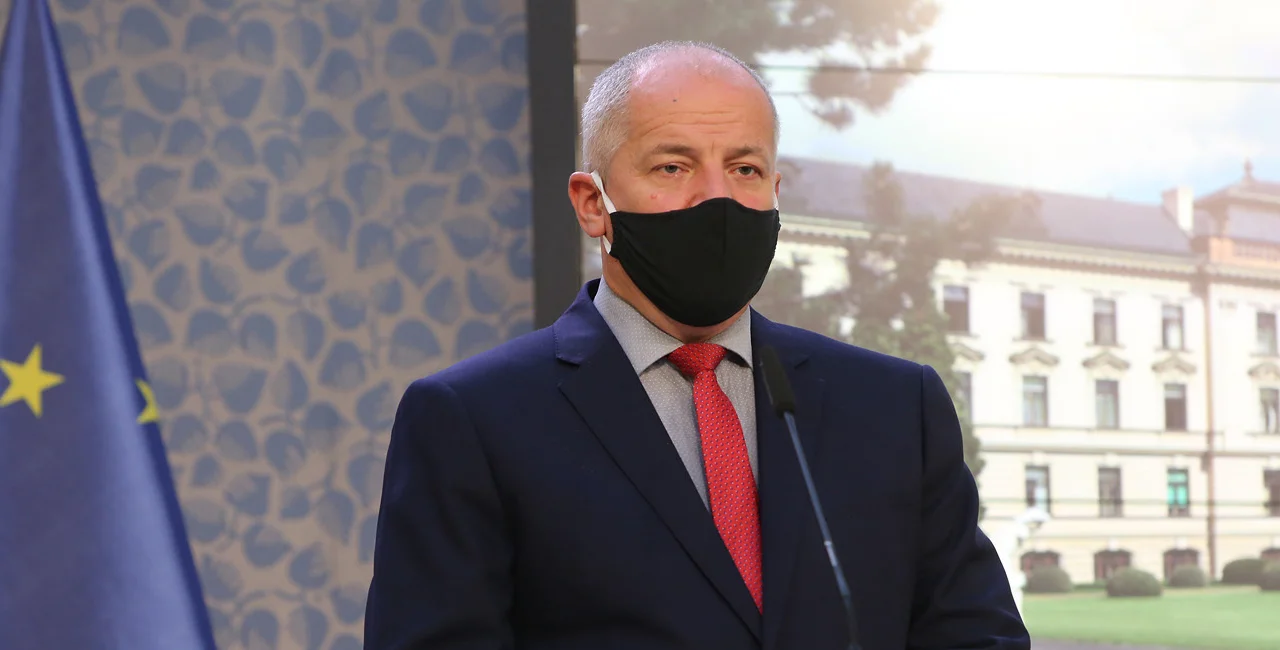Prague, Oct 19 (CTK) - Czech Health Minister Roman Prymula does not expect blanket testing of the Czech population for COVID-19 in the near future, he stated at a press conference yesterday.
Prymula added that before any close-to-blanket testing, the reliability of antigen tests would have to be verified in selected regions.
Previously, Prymula mentioned blanket testing of the Czech population as a possibility. It would be voluntary and for free.
Prymula earlier said he hoped that at least six million of the country's 10.7-million population would undergo the test. He said antigen tests would be used, which are faster and cheaper but also less reliable than the widely-used PCR tests.
Last week, Prymula named blanket testing as one of the three pillars of the state strategy for combating the coronavirus epidemic.
On Monday, he said a close-to-blanket testing would only be launched after it is verified that the antigen tests can detect infection cases with high enough reliability.
"After we are sure that the detection rate is as we want to have it, we would launch a close-to-blanket testing, but definitely not a model that would be a complete testing of the whole population," Prymula said.
The difference between the antigen and PCR tests should be checked in districts such as Karviná (north Moravia) and Uherské Hradiště (south Moravia), and in three social care facilities in Central Bohemia and Prague, Prymula said.
Uherské Hradiště is currently the worst coronavirus-hit district. Karviná was previously a coronavirus cluster in the summer, when it launched blanket testing of the local OKD coal mine staff.
It is not clear who would undertake the massive testing, Prymula said.
Debates in this respect have been conducted with general practitioners, but he also mentioned dentists and other specialists. "We need to prepare the project to be viable, so that it does not need be modified halfway through its course," Prymula said.












 Reading time: 1 minute
Reading time: 1 minute 

























